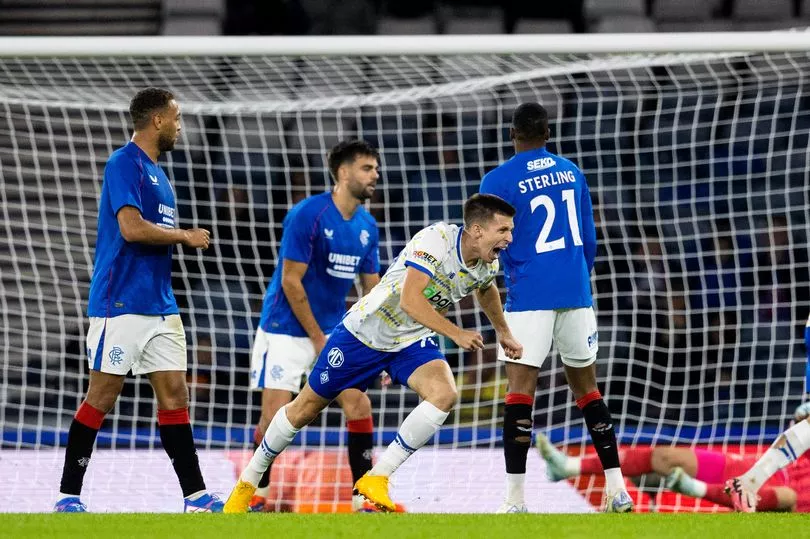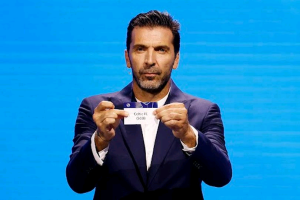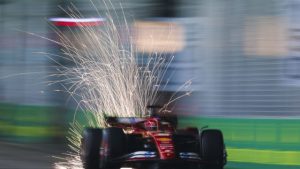Breaking News: What Rangers Champions League exit means for Scotland’s… Read More 👇

What Rangers Champions League exit means for Scotland’s… Read More 👇
Rangers’ recent exit from the Champions League at the hands of Dynamo Kyiv has significant implications for both the club and Scottish football’s overall standing in European competition. Philippe Clement, the Rangers manager, has already voiced his concerns about the broader consequences of this defeat, emphasizing that missing out on the £40 million windfall associated with participation in the Champions League group stage deepens the financial divide between Rangers and their arch-rivals Celtic. Furthermore, Clement believes that this setback could delay his plans for rebuilding the squad by a couple of years.
The discussion around Scotland’s UEFA coefficient has been brought to the forefront once again following Rangers’ early exit. Not too long ago, Scotland enjoyed a relatively strong position in the UEFA coefficient rankings, largely thanks to Rangers’ impressive performances in the Europa League over recent years. Their success on the European stage played a significant role in boosting Scotland’s coefficient, which in turn secured the country a guaranteed spot in the Champions League group stage and an additional opportunity for the second-placed team to qualify through the preliminary rounds.
However, the situation has taken a downturn, with Scotland now sliding to 16th place in the UEFA coefficient table. This decline means that Scotland is in danger of losing some of the advantages it previously enjoyed, particularly the automatic qualification spot in the Champions League. To regain this position, Scotland would need to climb back into the top 15 of the coefficient rankings, which will be finalized at the end of the current season. The results of this season will determine the European places available for Scottish teams in the 2025/26 season, as outlined by the Twitter account @scotlandscoeff1.
Celtic, who are participating in the Champions League group stage this season, have the best chance of contributing valuable points to Scotland’s coefficient. Even if they finish last in their group, they would still earn six bonus points, on top of which they can earn additional points for wins (two points) and draws (one point). Rangers, on the other hand, are competing in the Europa League, which offers fewer opportunities for accumulating bonus points. In fact, they would need to win the Europa League outright to match the six bonus points that Celtic can earn simply by participating in the Champions League group stage. However, Rangers might have a better chance of earning points through victories and draws in the Europa League, as the same number of points are awarded for wins and draws in both competitions.
The points that Scottish teams accumulate are divided by the number of teams that the country enters into European competition. So far, Celtic has contributed 1.2 points (six bonus points divided by five teams), while Rangers have only contributed 0.1 points (0.5 points for a qualifying draw, divided by five teams). Kilmarnock and St. Mirren have also contributed 0.2 and 0.4 points, respectively.
As it stands, Scotland’s European places for the upcoming season (2025/26) have already been determined, and there is no guaranteed Champions League qualification spot. However, the Scottish Cup winners will still secure a place in the UEFA Conference League.
This scenario paints a grim picture for Scottish football, as the nation risks losing its foothold in European competitions. The decline in the UEFA coefficient could have long-term effects, not just in terms of prestige, but also in financial terms, as participation in the Champions League is a major source of revenue for clubs. For Rangers, the immediate consequences are clear: missing out on the Champions League has widened the financial gap with Celtic and potentially set back their plans for future success. For Scottish football as a whole, the challenge now is to halt the decline in the UEFA coefficient and work towards regaining a stronger position in European football.








